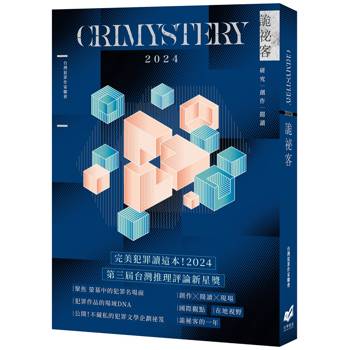The philosophy of language occupies a less central position in Anglophone philosophy than it did a generation ago. But, released from the burden of being ’first philosophy’, it has taken off in a number of new directions: less formal, more focused on the realities of everyday linguistic exchange, more conscious of an ’analytic’ approach as one among many and, especially, more socially and politically engaged. The papers collected in this volume exemplify these new directions, addressing topics such as joint deliberation, the role of communities of practice in shaping understanding, slurs, hate speech, (the impossibility of) conceptual engineering, and the place of stories in self-making. They also offer a new take on the traditional problem of aboutness and show how ancient Chinese philosophy challenges familiar assumptions about language and its philosophy.












